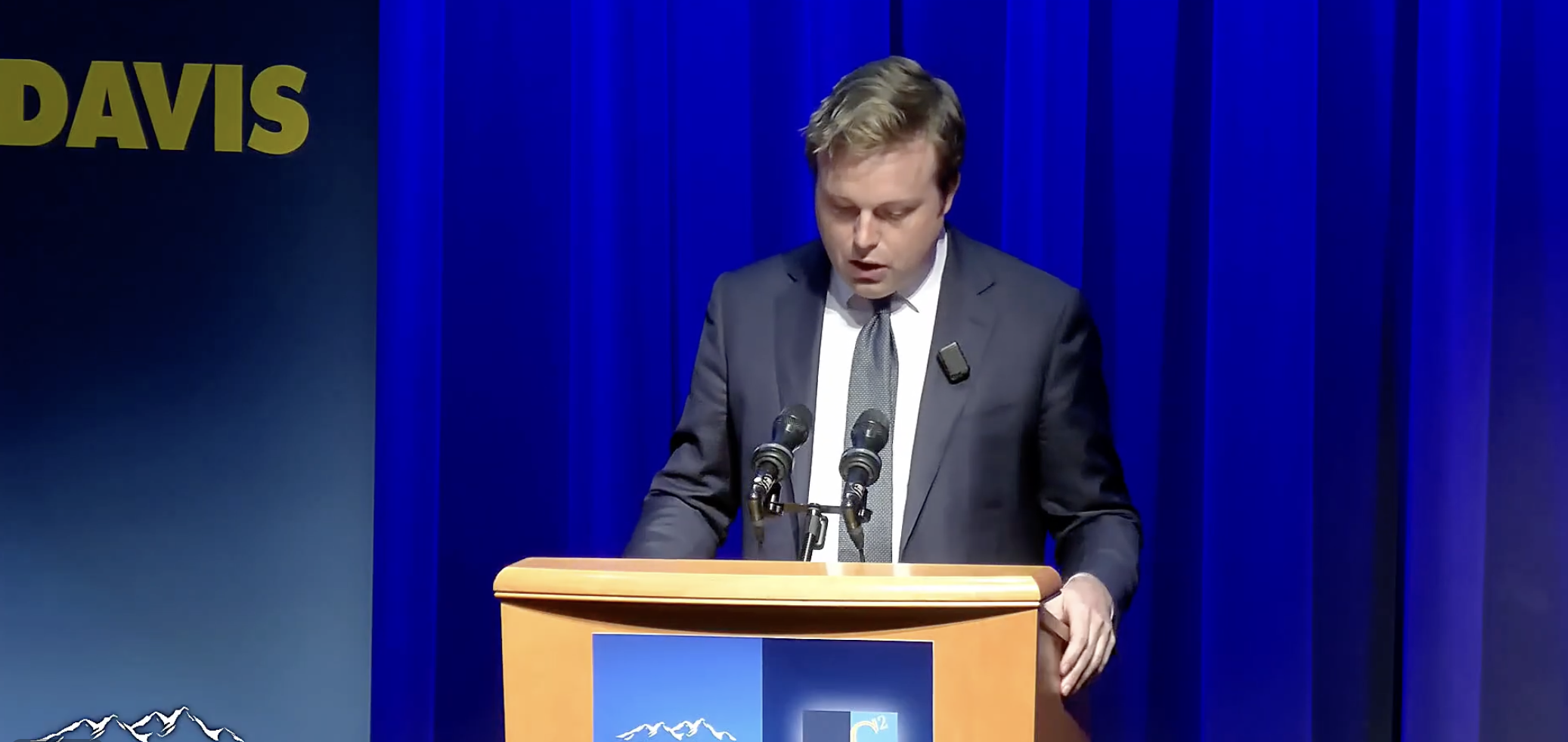.webp)
A Bad Business on the Bayou
Chevron finds itself the victim of a political alliance between the tort bar and Louisiana Republicans.
Less than a year after fleeing California’s extreme environmental laws, Chevron now finds itself in a Louisiana courthouse defending itself against a $3 billion claim that World War II-era oil production caused erosion of the state’s coast. The mastermind of the swampland stickup is a politically connected trial lawyer who has leveraged his ties with the state’s Gov. Jeff Landry and Attorney General Elizabeth Murrill—both Republicans—to lead a statewide fight to make oil and gas companies pay for exploration dating back to the 1940s. With friends like these, who needs Gavin Newsom?
On March 13, a jury in Plaquemines Parish heard opening arguments in a case seeking damages for the alleged environmental harm Texaco (now owned by Chevron) caused when it began drilling in the Bayou Gentilly oil field—in 1941. The case, orchestrated by plaintiffs’ attorney John Carmouche, will signal how juries will respond in the 40 other lawsuits that Mr. Carmouche’s firm has brought to hold oil and gas companies liable for Louisiana’s coastal land loss. A plaintiffs’ verdict in Plaquemines Parish could lead to settlements in the billions in these other cases.
Such an outcome would be a boon to plaintiffs’ lawyers, but a disaster for Louisiana’s ability to lead the Trump administration’s energy dominance agenda. In 2022 the New Orleans-based Pelican Institute estimated that Louisiana had 53 to 74 fewer oil wells and would lose between $44 million and $113 million dollars annually because of the litigation risk associated with the coastal lawsuits.
Economic Dynamism

Do Dynamic Societies Leave Workers Behind Economically?
We need a more dynamic economy that can help workers by allowing them to move where they can best use their skills.
.jpg)
Do Dynamic Societies Leave Workers Behind Culturally?
Technological change is undoubtedly raising profound metaphysical questions, and thinking clearly about them may be more consequential than ever.

The War on Disruption
The only way we can challenge stagnation is by attacking the underlying narratives. What today’s societies need is a celebration of messiness.

Unlocking Public Value: A Proposal for AI Opportunity Zones
Governments often regulate AI’s risks without measuring its rewards—AI Opportunity Zones would flip the script by granting public institutions open access to advanced systems in exchange for transparent, real-world testing that proves their value on society’s toughest challenges.

Downtowns are dying, but we know how to save them
Even those who yearn to visit or live in a walkable, dense neighborhood are not going to flock to a place surrounded by a grim urban dystopia.

AI Needs Consumer Choice, Not Bureaucratic Control
The regulatory approach treats consumer AI as a problem to be solved rather than as another service best left to a competitive, dynamic market to provide consumers with autonomy and choice.

The Start-Up Paradox: The Coming Red Shift in Innovation
Despite London's success, the future of innovation is securely in American hands for the foreseeable future.




.jpeg)




.jpg)




